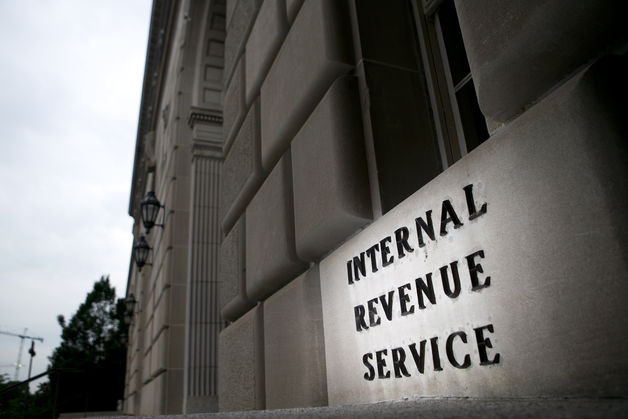IRS Official's Comments on Public Perception of the Agency Add Insult to Injuries
IRS Official's Comments on Public Perception of the Agency Add Insult to Injuries
By: Patrick Hedger-Policy Director, American Encore

A new survey has shown that the American people’s opinion of the Internal Revenue Service (IRS) is at its lowest point ever. This should come as no surprise given the IRS’s notoriety as one of the most ruthless law enforcement agencies in the country. Exacerbating the agency’s existing infamy is the lingering scandal surrounding the IRS’s targeting of conservative political groups and donors.
Yet Paul Cherecwich Jr., chairman of the independent IRS oversight board, has another explanation for the agency’s failures, which is painfully Washingtonian: budget cuts.
Yes, that’s right, the reason that the America people, fresh off of being scrutinized by the agency for their political beliefs, and subsequently lied to about the entire ordeal, apparently don’t like the IRS because the IRS doesn’t have enough of their money already. Of course that is far from the case.
In fiscal year 2014, the US government, via the IRS, collected the largest sum in taxes in the history of the republic, crossing the $3 trillion mark for first time ever. The IRS collected these taxes through a tax code that is one of the longest and most complicated legal structures in the history of mankind. The tax code is so complicated that even the IRS itself routinely complains to Congress that it is one of the “Most Serious Problems” facing the agency. The IRS has noted that the tax code has changed enough times since 2001 to average a new change each and every day.
Americans are faced with complying with this unending monstrosity, which consumes nearly 20 percent of the economy and nearly half or more of millions of Americans’ incomes. And who is the face of this equal-part convoluted and oppressive system? The IRS. Throw in a scandal involving the violation of any number of the protections guaranteed by the Constitution and Bill of Rights at the hands of IRS officials and you have a far more compelling explanation for the agency’s declining favorability than a difference in decimal points in the agency’s multi-billion dollar budget.
While it is indeed true that the IRS’s taxpayer services discretionary budget authority has fallen by just under $2 billion since 2004, at the same time the agency’s discretionary operations support budget has increased by roughly $2.5 billion. On net, from 2008 to 2014, the IRS’s total discretionary budget authority has increased from $11.097 billion to $11.291 billion, or $195 million. Certainly the IRS’s budget is perhaps not being appropriated and spent wisely, however the agency’s budget situation is certainly not driving the growing public frustration.
If Congress is concerned about the popularity of the infamous IRS, it ought to refocus Mr. Cherecwich’s organization to better prevent abuses of power such as those observed in the agency’s targeting of conservatives. Further, Congress doesn’t need to send the IRS a bigger check, but instead an entirely new, and less tortuous, tax code to enforce.







